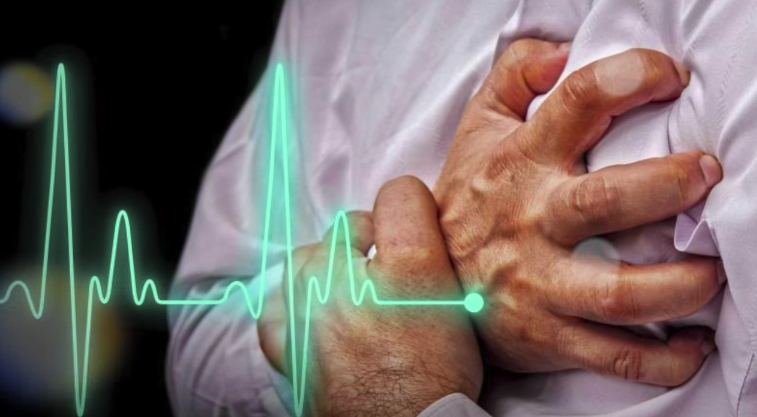
Advertisement
Arterial stiffness, a primary risk factor of cardiovascular disease, can occur due to high consumption of salt. In a review published in the Journal of Hypertension, researchers confirmed that limiting sodium, or salt, intake can reduce the stiffening of the arteries.
The review, carried out by researchers from Federico II University of Naples Medical School in Italy, evaluated the findings of randomized controlled trials on limiting salt intake and arterial stiffness.
The researchers gathered a total of 11 studies that were qualified based on their criteria. All in all, the studies included in the systematic review involves 431 participants. Moreover, the intervention period in all of the studies lasted for one to six weeks.
The results of the study review revealed that an average reduction in sodium consumption of 89.3 millimoles (mmol) per day reduced arterial stiffness.
Based on the findings of the review, the researchers suggested that reducing the consumption of dietary sodium can reduce arterial stiffness. (Related: Yes, eating too much salt can harm your body… but the right kind of salt can boost your mineral intake.)
Other causes of arterial stiffening and how to prevent it
Another primary cause of arterial stiffening is a buildup of calcium in the arteries. Studies have shown that vitamin D and vitamin K play an important role in slowing and preventing arterial stiffening.
Initially, vitamin D was only known as the calcium-and-bone vitamin, while vitamin K was known for preventing blood clots. But recent research has shown that these vitamins play critical roles in helping the body manage calcium.
Vitamin K plays an important role in keeping calcium out of the arteries because it modifies certain proteins in the arterial walls. This process makes them resistant to binding to calcium, which in turn, prevents arterial calcification and stiffening. Moreover, vitamin K encourages the proper deposition of calcium into bone. In addition, vitamin K has also been found to prevent osteoporosis.
On the other hand, vitamin D promotes calcium absorption from the diet, at the same time promoting calcium deposition in bones. Thus, it helps with the continuous remodeling of bone that helps keep the bones strong and adaptable.
In a study published in the journal PLOS ONE, researchers from the Medical College of Georgia at Augusta University found that supplementation with high doses of vitamin D can significantly and rapidly reduce arterial stiffness.
The researchers conducted their study with 70 overweight or obese, vitamin-deficient African-American volunteers aged 13 to 45 years old. For the study, all participants were given either the monthly equivalent of daily vitamin D3 doses (600, 2000, or 4000) international units (IUs) per day or placebo for four months. A medical staff administered the supplements every month to ensure compliance. The researchers used pulse wave velocity (PWV) from the carotid artery of the neck to the femoral artery to measure the severity of arterial stiffness. A higher PWV indicates stiffer arteries, which increases the risk of cardiometabolic disease later on.
The results revealed that the participants who received 2000 IUs per day for four months experienced a two percent reduction in their arterial stiffness. Those who received 600 IUs per day experienced a minimal stiffening of the arteries of 0.1 percent, while those who received the placebo had a two percent increase in stiffness.
However, those who took 4,000 IUs — which is six times more than the daily recommended IUs for most adults and children — received the greatest and fastest arterial stiffness reduction which was 10.4 percent in four months. Four thousand IUs is now considered the highest, safe upper dose of vitamin D by the Institute of Medicine.
It is important for everyone, especially older adults, to get enough intakes of vitamins D and K. Vitamin D can also be obtained from foods, such as cheese, yogurt, and fatty fish like mackerel and sardines. Good dietary sources of vitamin K include kale, mustard greens, Swiss chard, collard greens, natto, spinach, broccoli, Brussels sprouts, beef liver, pork chops, chicken, and many more.
Read more news stories and studies on ways to take care of the heart by going to Heart.news.
Sources include:
Advertisements







